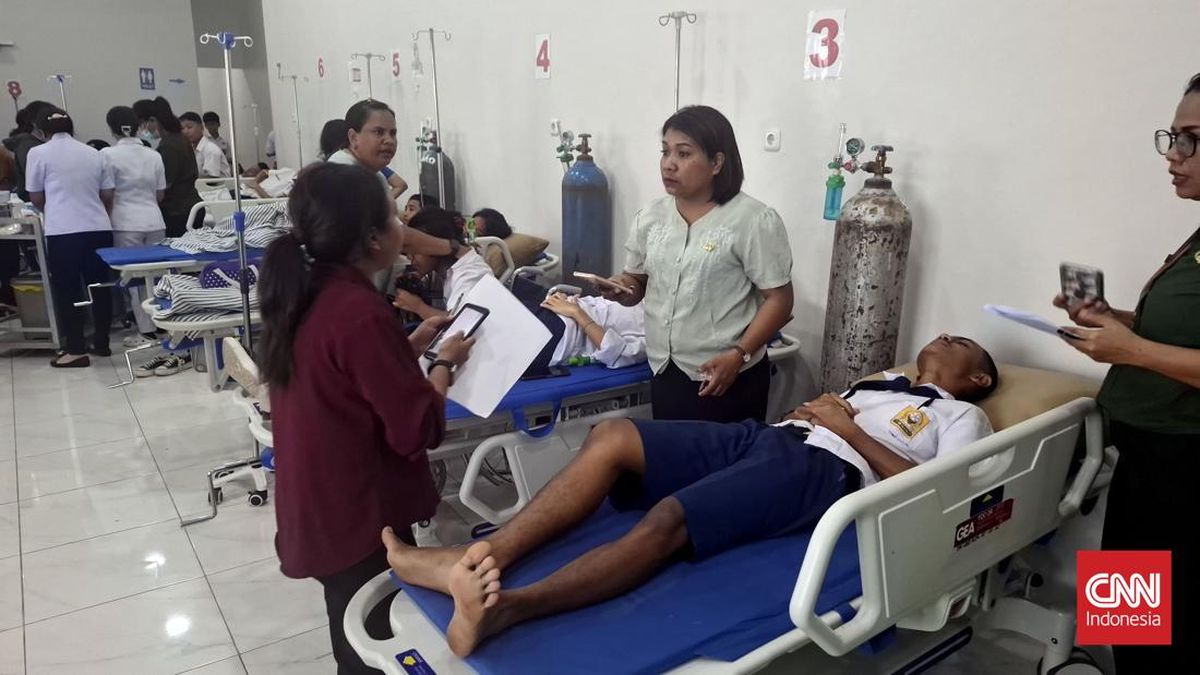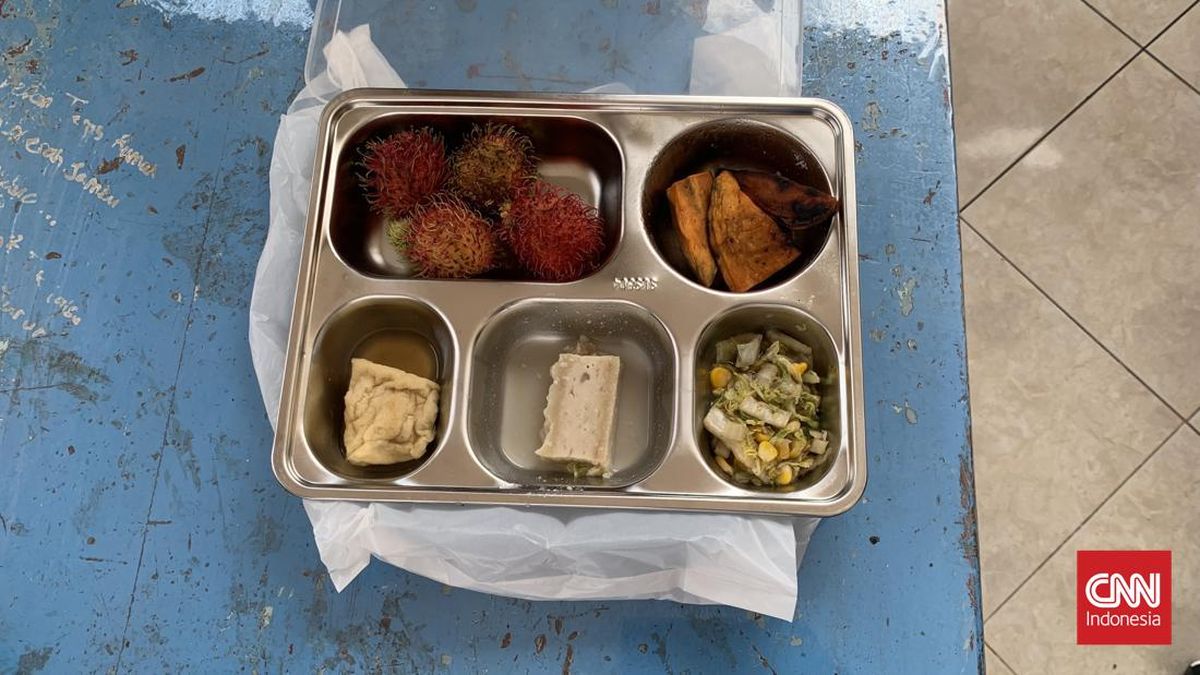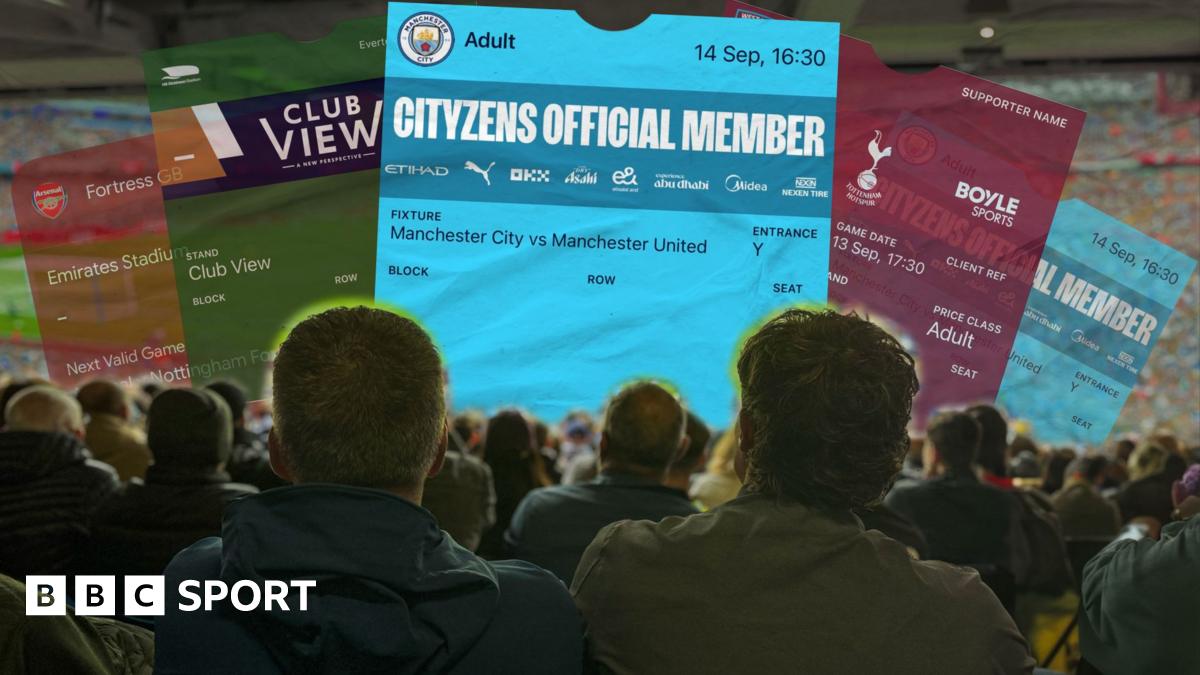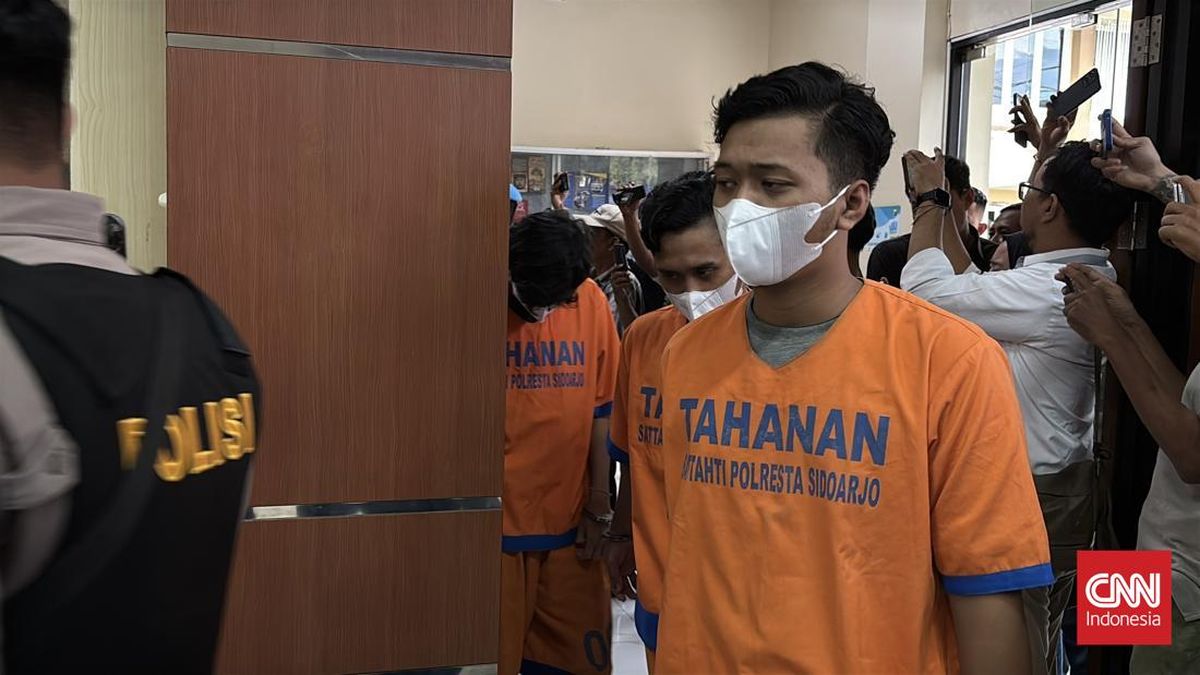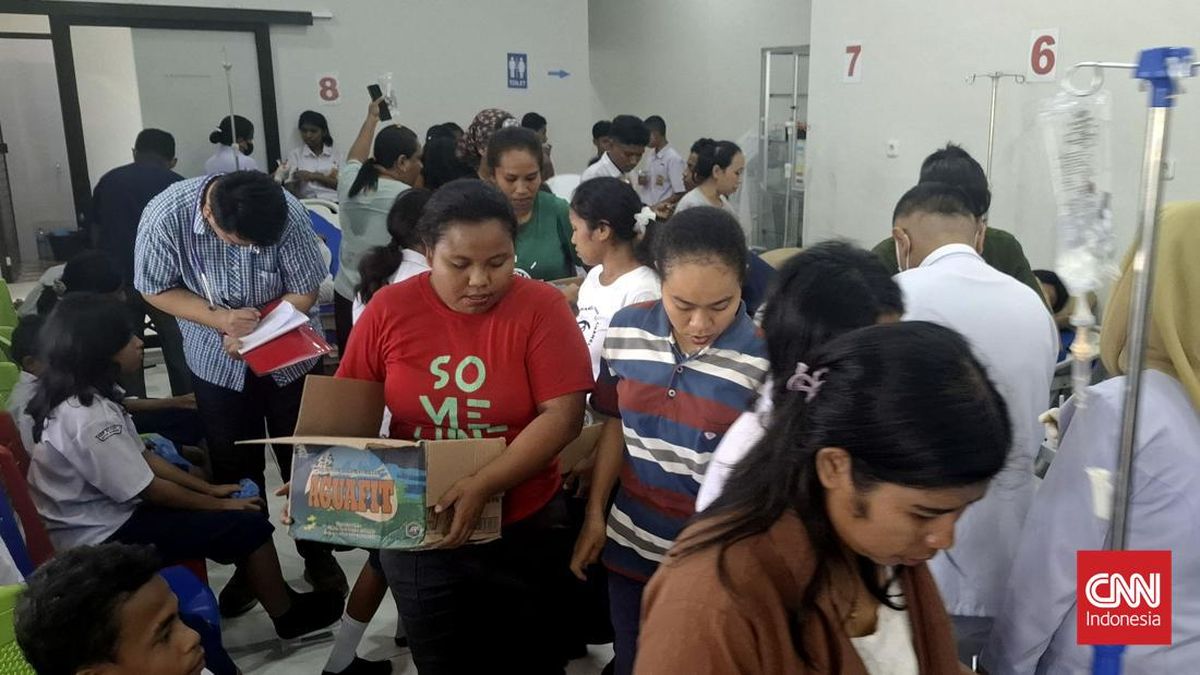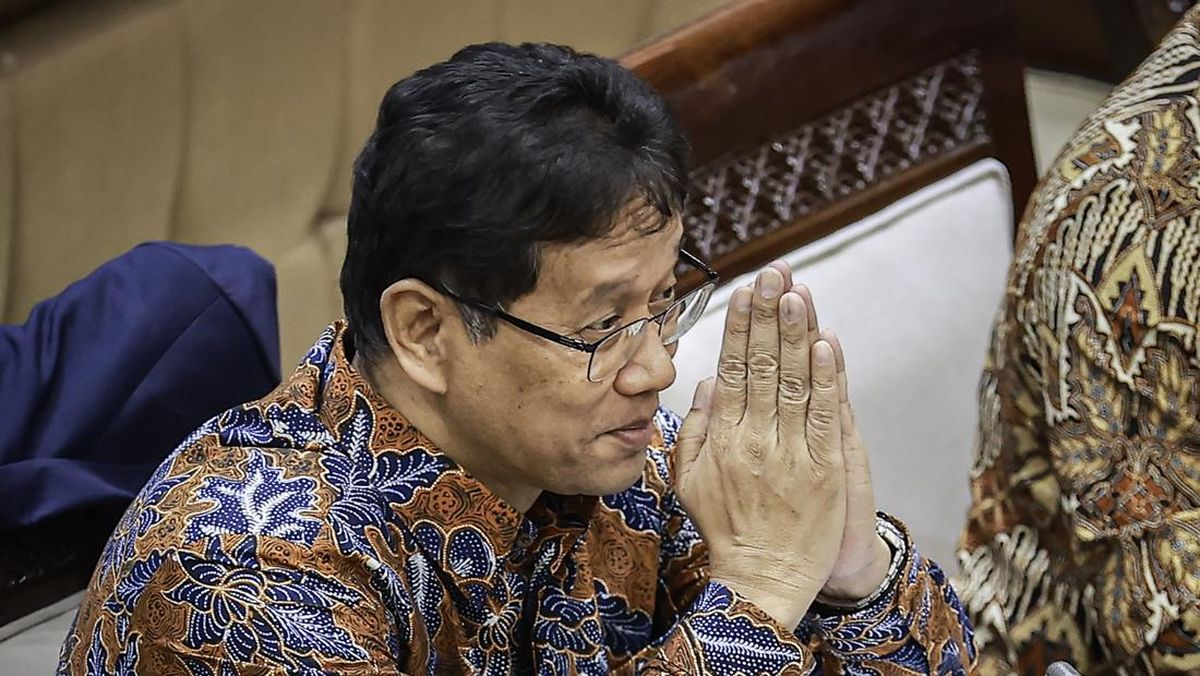The number of people trying to access their superannuation early has surged by more than 75 per cent since before the pandemic, and the amount they have withdrawn has topped $1 billion, as the Tax Office warns of the dangers that come from withdrawing super for the wrong reasons.
Figures from the Australian Tax Office show the number of individuals applying for compassionate release of super has climbed from about 39,000 in 2019-20 to nearly 69,000 in 2023-24.

The number of people accessing their super early has jumped markedly since the pandemic.Credit: Getty
People cannot generally use their super until they retire or reach preservation age. Access on compassionate grounds is available in “very limited circumstances” and as a “last resort”, according to the ATO.
However, ATO deputy commissioner Emma Rosenzweig in August said the Tax Office had seen an uptick in dodgy advice as well as misconceptions around the conditions under which individuals can access their super early.
“Australians should not be considering early access unless they are eligible, and it is absolutely necessary for their circumstances,” she said.
Medical treatments eligible for early access to super include those for life-threatening illness or injury, or to alleviate acute or chronic pain or mental illness.
Most applications for early release of super are for medical expenses: 71,900 of the 90,700 applications received in 2023-24 were submitted for medical treatment or transport to attend a medical treatment.
Of these, nearly 32,000 were for dental treatment, about triple the number before the pandemic.
The jump in the number of applications comes as the government looks to increase the tax paid on earnings from superannuation balances above $3 million from 15 per cent to 30 per cent, set to affect one in 200 people.
Of the 68,900 individuals who applied for compassionate release of super in 2023-24, about 50,000 were approved, an approval rate of 73 per cent, down slightly from 77 per cent in 2019-20. The value of approved applications nearly doubled from $523 million to $1.04 billion.
Rosenzweig said individuals were eligible for compassionate release of super only if they were unable to pay for an eligible expense using any other means. She said it was not free money.
“[Compassionate release of super] will reduce the amount available in retirement and results in you paying more tax,” she said.
Analysis by the Super Members Council shows a person who withdraws $20,000 from their super at age 30 could be left with $93,000 less at retirement.
The Tax Office also noted an increase in reports of concerning behaviour from some health practitioners. That includes preparing inaccurate medical reports to help patients access their super for cosmetic purposes, recommending higher cost treatments and collecting and charging fees to assist patients in preparing applications without being a registered tax agent.
Loading
The council also said it was concerned by a “growing avalanche” of advertising luring people to withdraw super for non-essential treatments.
In a press release, the council said third-party operators were largely responsible for circulating these promotional materials and charging fees to fill out applications, often without clear warnings about the long-term financial harm.
“The council is alarmed by a growing trend of Australians withdrawing retirement savings early to fund treatments beyond the original intent of compassionate access provisions — which were envisaged only for rare, life-saving circumstances,” it said.
The council also called for the government and regulators to crack down harder on advertisements promoting early access to super for non-essential medical or dental treatments.
At $4.2 trillion, Australia’s superannuation sector is a major investor in the country’s businesses and projects.
However, Paul Schroder, chief executive of AustralianSuper, the nation’s biggest super fund, will say in a speech to the National Press Club on Wednesday that the sector could play a bigger role by being involved earlier in discussions about government-funded assets, such as roads, airports and energy networks.

AustralianSuper chief executive Paul Schroder says the sector could play a bigger role in funding the nation’s infrastructure.Credit: Oscar Colman
“Superannuation can contribute to the national renewal,” he will say, according to an early extract of his speech, while warning it will be a “disaster” for members if governments try to tell super funds what to invest in. “The solution requires government and funds to come together in open dialogue about how to better balance risk and make projects investible.”
In particular, Schroder will suggest a “build to sell” model, where governments build assets with the plan to sell or lease them later to long-term investors including super funds.
“They can build secure in the knowledge it is more likely there will be a willing buyer, at the right time and the right price,” he will say. “We have about $40 billion of members’ money earmarked for investment in Australia over the next five years. If you’re a company with a good idea, if you’re a government with a big plan – our door is open.”
Cut through the noise of federal politics with news, views and expert analysis. Subscribers can sign up to our weekly Inside Politics newsletter.
Most Viewed in Politics
Loading


